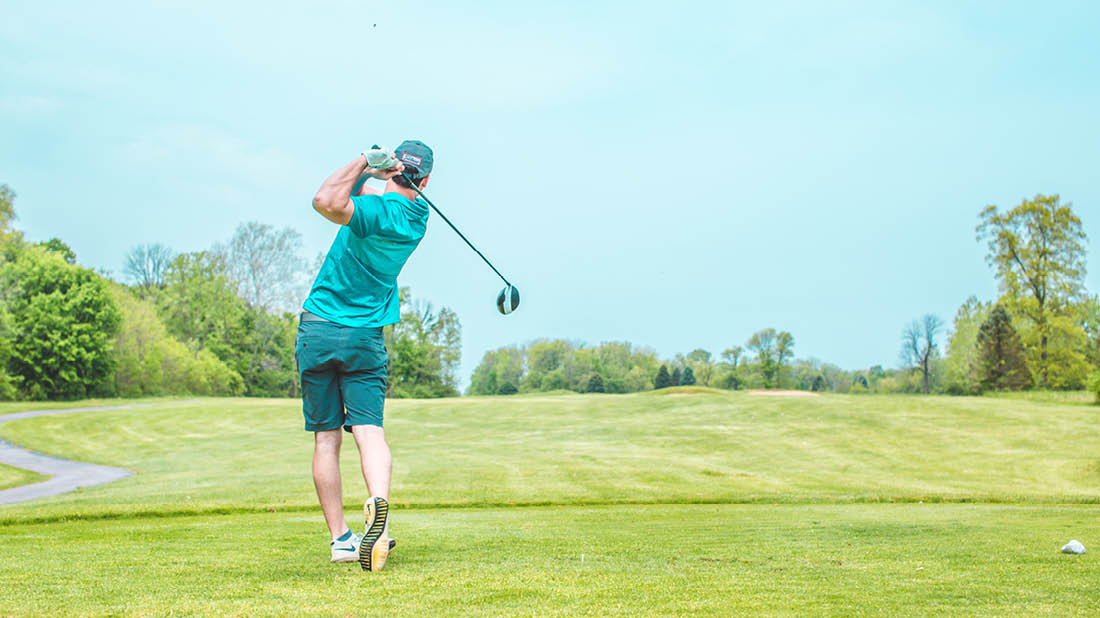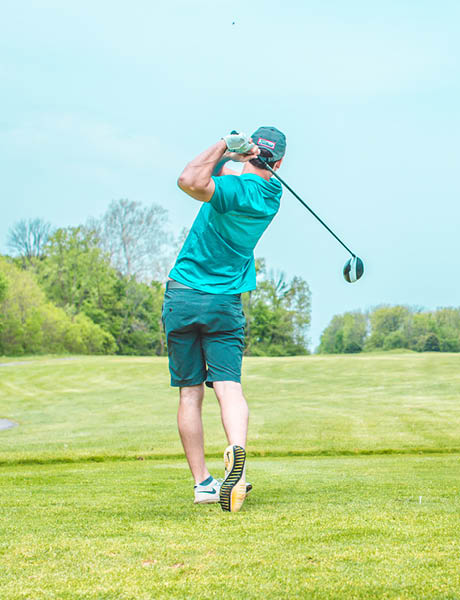


Earlier this year, the Hospitality Resilience Series was staged with the aim of challenging existing mindsets, exchanging personal insights, discussing practical solutions and providing a forum for shared experiences that will help to build solutions to the issues facing the hospitality sector. In the first of three articles, we report on some of the key conversations at the event.
As part of The Hospitality Resilience Series, we had the opportunity to talk to Chris Bodman, a strength and conditioning coach and performance psychologist. He has dedicated his career to exploring ideal ways to make individuals better prepared to perform at an optimum level; and helping promote and enhance functioning and performance in the short and longer term. He also recently founded his own consultancy, LMNTARY Performance.
Why is his work relevant to the hospitality world? How can people working in hotels or similar establishments relate to people in the sports industry?
First, what is resilience? Legendary Paralympian, Tanni Grey-Thompson, has said that “resilience considers the ability of one individual to use their personal qualities to be able to withstand pressure”.
Chris Bodman adds, “Understanding my thoughts, feelings and emotions at the right time and place is paramount to perform at my best. It is a dynamic process: an interaction between an individual’s qualities and what the environment provides to this individual.”
The pressure game
Professional athletes are constantly operating under pressure individually and as a team. They have to face all kinds of external challenges beyond their control (fans, media, injuries) and also internal challenges that are within their control (motivation, training, focus, dedication).
Chris notes that, “Mental resilience is not something which all participants and coaches automatically have; and this should be developed with the same consideration that’s applied to building physical resilience.”
A good example provided by Chris is the British track cyclist Vicky Williamson, who in 2016 had a catastrophic collision with another cyclist in a competition, suffered many injuries including a potential paralysis, and her Olympic dream was over.
Chris met her in 2018 in his role at the intensive rehab unit. In her mind, the goal was to get back because the job was unfinished, and she still wanted to fulfill her dreams and aspirations. She found the motivation because she asked herself “how can I grow and how can I continue to develop?”, and in Chris’s opinion that is what made the difference in the eight months that they collaborated. Williamson returned to top level cycling competition in 2019 and has subsequently switched sports to bobsleigh.
Fix the environment, not the flower
The interaction that athletes have with their environment is fundamental and it can influence their results. The inspirational speaker Alexander Den Heijer said that “when a flower doesn’t bloom, you fix the environment in which it grows, not the flower”.
Some research suggests that a low level of challenge and a low level of support creates a stagnant environment where the individual will not push themselves. If the support is high but the challenge low, it’s a comfortable environment. If the challenge is high and the support low the environment becomes unsustainable. But if both challenge and support are high this becomes the optimal environment which can help athletes to go the extra distance.
Another point Chris Bodman analyzed is the difference between short and long-term strategies. He says, “If the goal is to win a competition, and this is not achieved, it is a short term goal. If the objective is to help that person to perform at their best, then I think that’s just as good a place as we can be.”
In this way, the short term vision is outcome based while the long-term is resilience based.
How this applies to hospitality
This can all be applied to our everyday environment in the hospitality industry, as well as any other industry in the world. Here is what we as hospitality professionals can do to be more resilient:
- Enhance and refine personal qualities – it is sometimes the things that we think are obvious, without realizing that these qualities might be the ones that we need to use more; for example being optimistic or extraverted.
- Evoke and maintain a challenge mindset – looking at ways to positively evaluate and respond to pressurized situations, adapting our behavior when needed.
- Create a facilitative environment if you have big professional challenges – shared leadership, shared responsibility where anybody can step up, high support.
You can find the complete recording of Chris Bodman’s session here.
About the Hospitality Resilience Series
This series is powered by HoCoSo, CERVUS Leadership Consulting and ATLAS Events and Coaching; in association with Glion. For Glion, it was led by Jonathan Humphries, Head of International Hotel Development and Asset Management Specialization.
















